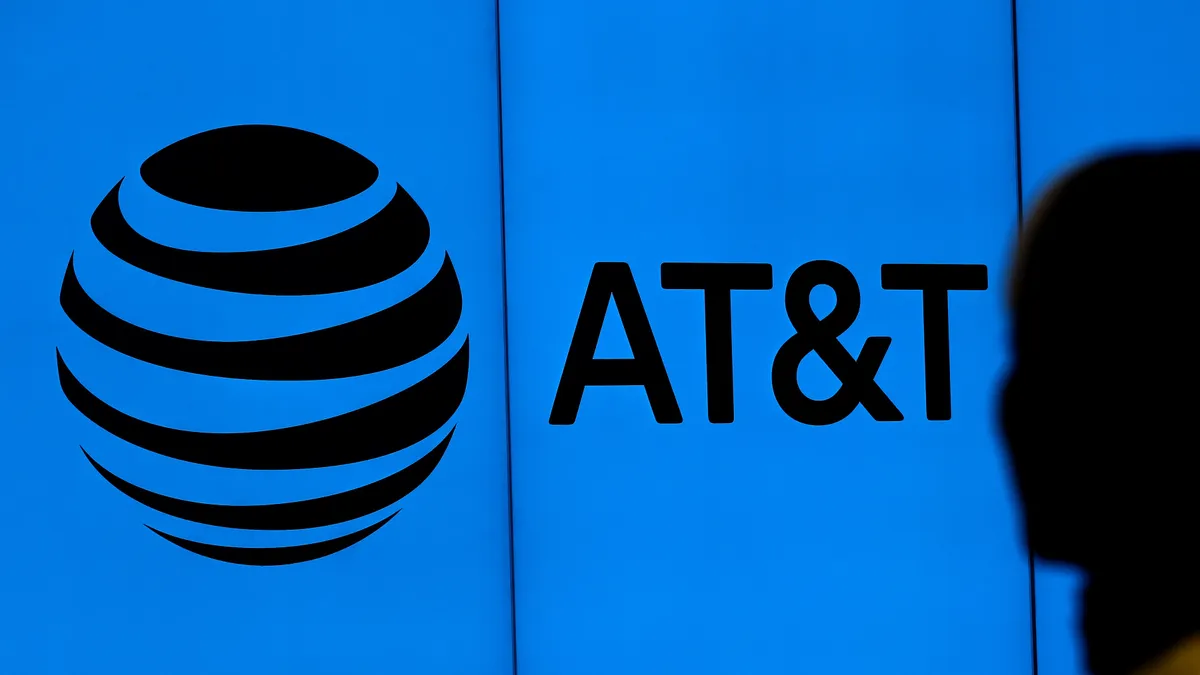As businesses consider how to respond to nationwide protests against systemic racism and demands for greater employer accountability, HR leaders are calling on the industry's largest professional association to speak up.
In a June 4 statement, the Society for Human Resource Management (SHRM) condemned George Floyd's killing. "We stand in solidarity against injustice, racism, discrimination, and violence of any kind, including those against law enforcement," the statement read in part. "We hold ourselves accountable to real action on behalf of our employees, our members, the HR profession, and workplaces around the world to root out bias in favor of fairness for all."
This statement drew criticism from speakers and executives in the industry, who say SHRM has not sufficiently supported the Black community. It also spurred a Change.org petition, launched by Kate Bischoff, a now-former member of SHRM's special expertise panel on corporate ethics and social responsibility, a speaker at several local and national HR events and founder of tHRive Law & Consulting. The petition calls on SHRM to support the Black Lives Matter movement and to advocate for protections for LGBTQ employees and, at press time, had more than 1,700 signatures.
"In the grand scheme of things, HR has a horrible reputation," Bischoff told HR Dive in an interview, pointing to criticism of HR departments during the #MeToo movement, which began in 2017. Failure to protect employees from sexual harassment and assault gave the industry "a black eye," Bischoff said. "SHRM is helping inflict that black eye," she said, by issuing "disappointing" statements. Bischoff said her membership lapsed this month and she has not yet decided whether she'll renew.
Asked about Bischoff's petition and the response that the organization has received, a SHRM spokesperson directed HR Dive to the association's June 4 and June 15 statements as well as a "new hub" on its website for overcoming workplace bias. The spokesperson said SHRM would also hold a two-part webinar series on diversity and inclusion, but did not respond to the petition specifically. SHRM did not respond to follow-up questions about the organization's position on the Black Lives Matter movement or the petition.
The association's June 4 statement discussed the role that various HR functions, including talent acquisition; employee relations; compensation and benefits; and diversity and inclusion, play in ensuring diverse workplaces and combating discrimination and racism. Bischoff said she believes SHRM's board of directors should go beyond these points. The board should not only apologize for failing to recognize Black Lives Matter, but it should also push for protections for the LGBTQ community, she said.
Supporting HR
"HR needs an association that will stand up for it and that will take some of the burden off of us," Bischoff said. "It discourages me that the organization that should do this fails to do so."
"All organizations have a responsibility to educate themselves and their employees on systemic racism and how it affects workplace interactions and culture," Esi Minta-Jacobs, executive vice president of HR and program management at investment solutions firm AssetMark, told HR Dive in an emailed statement about SHRM's response. But she added that there's no one way for organizations to address these issues, and that any response should reflect the mission and values of a given organization.
"What will make this movement and these changes last is if organizations focus on fewer initiatives that are relevant, impactful, and thoughtful, rather than fifty things that are more pretense rather than substance," said Minta-Jacobs.
SHRM had already faced criticism from members of the HR community in recent years for its participation in a 2018 White House job growth initiative; social media posts accused SHRM of aligning itself with an administration that had attempted to roll back protections for LGBTQ individuals. A similar controversy surfaced when the association signed a hiring pledge focused on hiring formerly incarcerated individuals in partnership with a group of organizations that included Koch Industries, which HR leaders criticized due to the conservative views and advocacy of Koch Industries chairman and CEO Charles Koch.
SHRM has largely responded to previous criticism by stating that it is nonpartisan. Its president and CEO, Johnny C. Taylor, told reporters last year that the organization is "on the side of policy" rather than a political alignment. "We'll always make someone unhappy and that's not our goal," he said, "but it's reality."
HR's role in D&I
In spite of the controversy around SHRM, both Bischoff and Minta-Jacobs believe HR departments can play a role in dismantling structures that perpetuate systemic racism.
Bischoff, who is based in Minneapolis, said she has seen clients successfully reach out to and build relationships with religious organizations that serve the city's Somali and Latinx communities. Establishing a rapport with faith leaders in this way has helped diversify talent pipelines, among other things, because those faith leaders can recommend community members for job openings, Bischoff said. Employers, she added, should not just apologize to employees for their role in perpetuating racism and inequality, but also back up their words with actions.
Employers also can focus on creating more supportive environments for employees, Minta-Jacobs said; "If new hires come through your doors into an unsupportive environment, your tactics to diversify your organization won't work because employees will end up leaving."
Another key area of focus is employee feedback, she said. Employers should solicit feedback from teams and incorporate those insights into programming. Additionally, employers can work outward, she said, focusing on client services and philanthropic efforts, which can help dismantle larger systems.
"Diversity and inclusion is a living and breathing commitment that should continue to evolve and change with your organization," Minta-Jacobs said.
Correction: A previous version of this story incorrectly identified the chairman and CEO of Koch Industries. It also said Bischoff was a member of the SHRM panel. Her last day was April 30, when her membership lapsed.






















